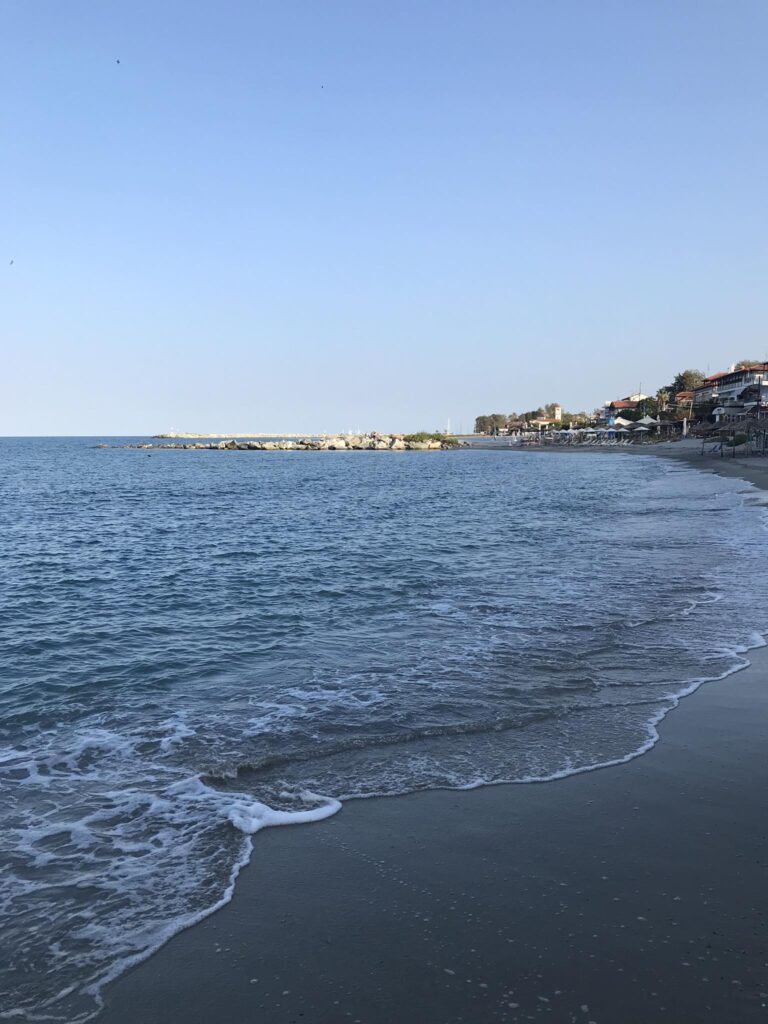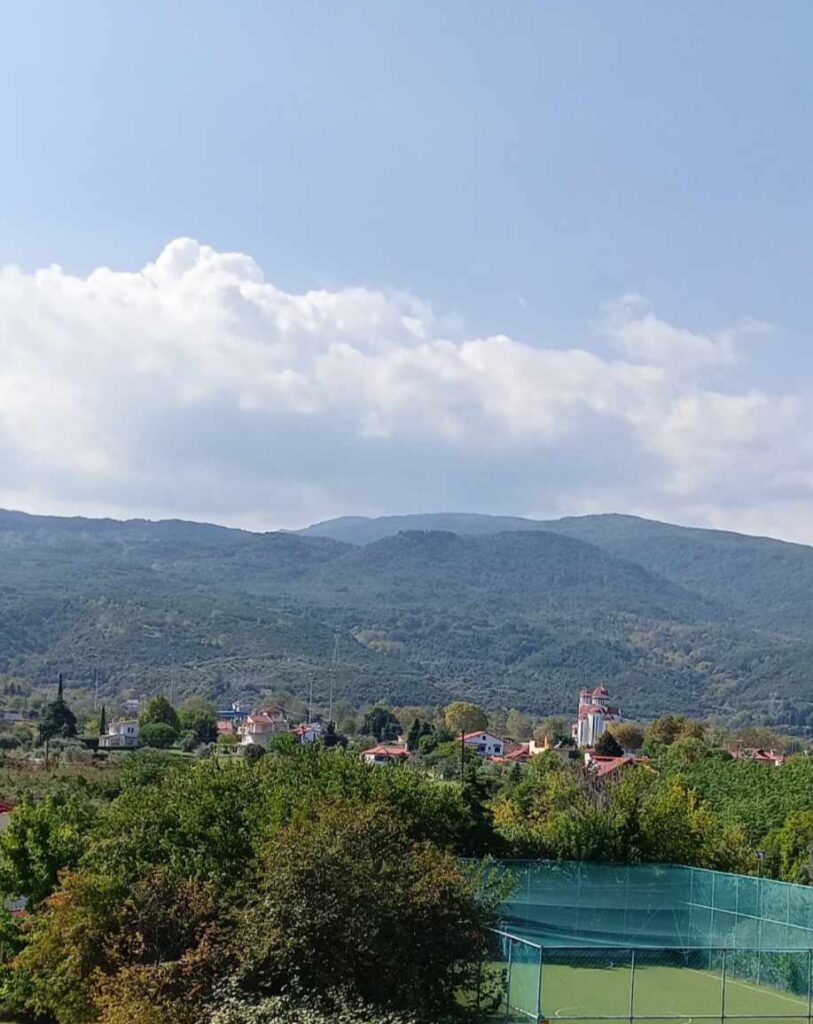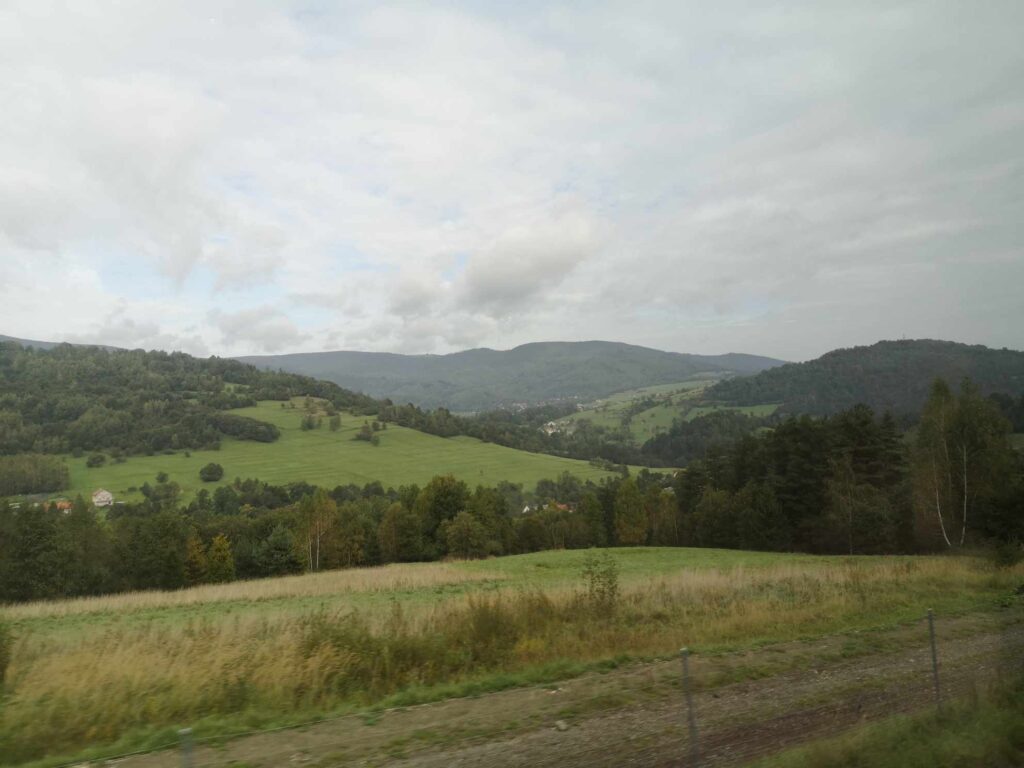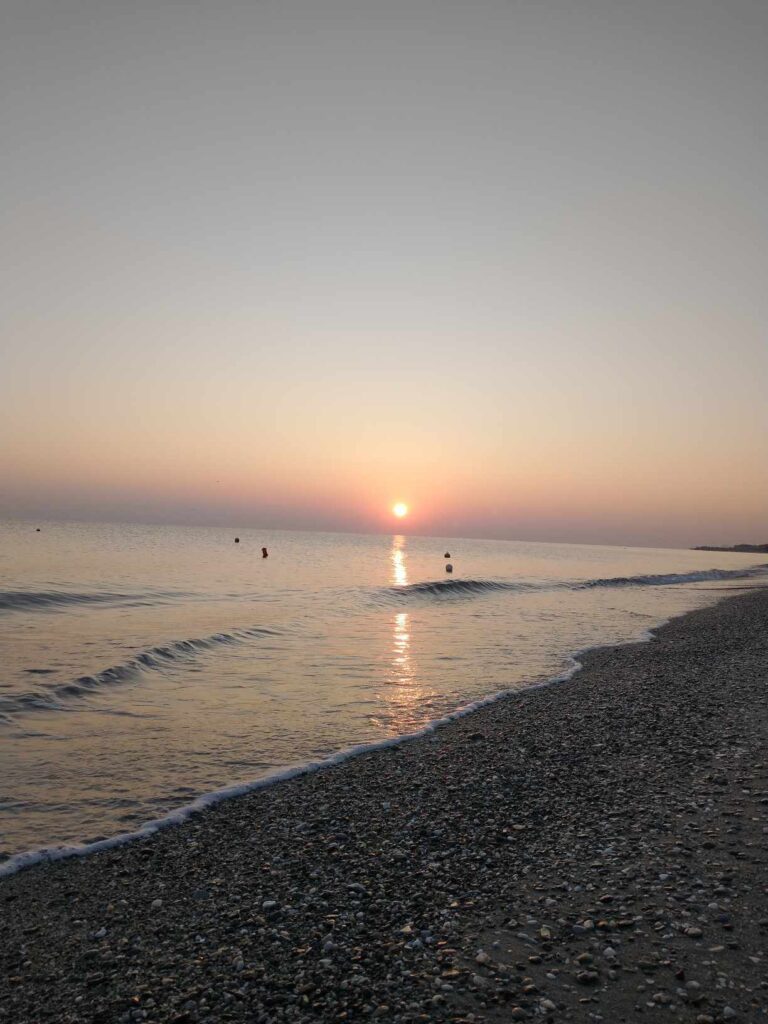
Climatic Conditions
Greece is a country rich in history and nature, offering not only beautiful landscapes but also a diversity of climatic conditions. Greece has a subtropical Mediterranean climate characterized by long, hot, and dry summers, as well as mild and humid winters. The average temperature in the country during the summer months is 31°C. In the Polish winter, thermometers show an average of 14°C. Precipitation varies greatly and is generally more likely on the islands than in continental Greece. Greece experiences minimal rainfall, and it rarely occurs during the summer. Far from the coast, the air is very clear due to low humidity.
In the waters of the Aegean Sea, the Meltemi wind, also known as Etezja by the Greeks, blows during the summer. This is a characteristic mild, dry wind that blows regularly each year in the warm season from the north or northeast.
Summer: Sunny Skies and Hot Beaches:

Summer in Greece is a time when the sun reigns in the sky. Average temperatures on the coasts often exceed 30 degrees Celsius, and the sky is cloudless. It’s the perfect time to sunbathe on the beaches of the Aegean or Ionian Sea. However, it’s important to remember the strong winds, especially the Meltemi on the islands.
Autumn: Golden Leaves and Gentle Chills:
Autumn brings relief after the hot summer. Temperatures are milder, and landscapes take on golden hues. In continental Greece, especially in the Peloponnese region, you can experience pleasant walks without the crowds of tourists.

Winter: Mountains in Snow and Warmth on the Islands:
Greece in winter offers diversity. In the Pindos and Rhodope mountains, snow covers the peaks, creating picturesque landscapes for winter sports enthusiasts. Meanwhile, on the islands, the temperature is milder, attracting those who seek to avoid freezing winters in other parts of Europe.

Spring: Flowers, Showers, and Meltemi:

Spring is the time when Greek nature comes to life. Blooming flowers adorn the landscape, and rains nourish the soil. However, it’s wise to be prepared for winds, especially the Meltemi, which can bring fresh air but also intensify the strength of spring storms.
Winds: Meltemi and Bora – Greek Atmospheric Aristocrats:
Meltemi blows from the northwest, bringing coolness to the islands in the summer. It is a characteristic wind for the Aegean Sea. On the other hand, Bora in winter comes from the Balkans, delivering cool air to the western coast of Greece.
